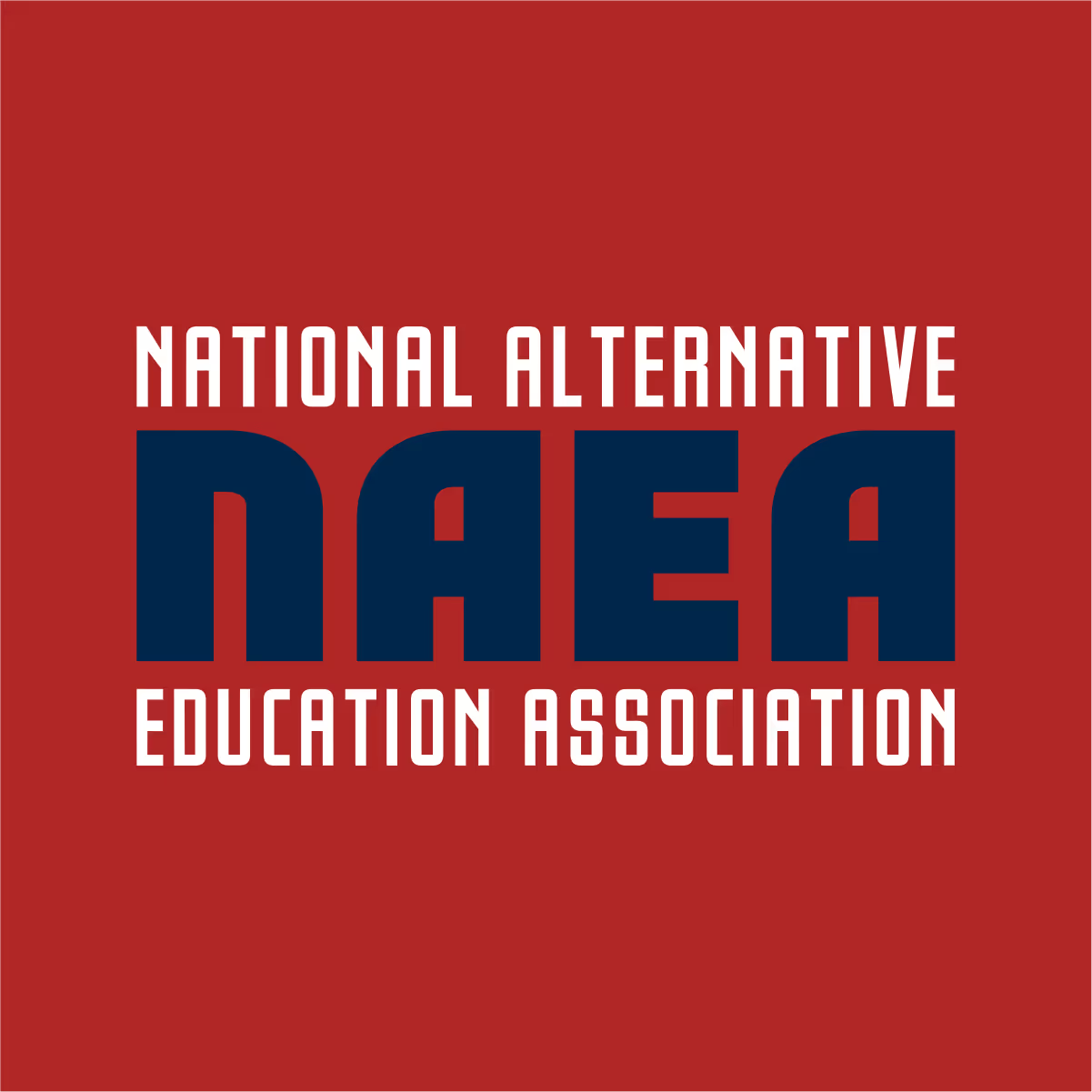Vision and Mission
An effective school develops a shared vision and mission that guides everything it does, involving students, staff, families, and the community.
Leadership
Strong leadership means experienced, collaborative administrators who support staff, include the community, and keep the program running smoothly.
Climate and Culture
A great school culture feels safe, welcoming, and supportive, where expectations are clear, relationships are positive, and students feel like they belong.
Staffing and Professional Development
Staff are passionate, qualified, and always learning: receiving training that helps them meet student needs and stay effective in the classroom.
Curriculum and Instruction
Instruction is hands-on, challenging, and flexible, tailored to meet each student's strengths, needs, and future goals.
Student Assessment
Assessment isn't just about grades - it's used to understand how students are doing, adjust instruction, and plan for success.
Transition Planning and Support
From enrollment to graduation (or return to a traditional setting), students get support to make smooth, thoughtful transitions.
Family Engagement
Families are welcomed as true partners, with open communication, opportunities to participate, and support for student success.
Collaboration
The school builds strong partnerships with community groups and agencies to connect students with resources and real-world learning.
Program Evaluation
The school regularly looks at data - like attendance, graduation, and surveys - to see what's working and where to improve.
School Counseling
School counselors help students set goals, build skills, and plan for life after school, whether college, work, or something else.
School Social Work
Social workers remove barriers that get in the way of learning, like housing, health, or emotional challenges, so students can succeed.
Digital and Virtual Learning
Online or blended classes are high-quality, aligned to standards, and flexible enough to meet students where they are.
Policies and Procedures
Policies and procedures are clearly written, up-to-date, and shared with everyone so the school runs fairly and efficiently.
Personalized Education Plan
Each student has a personalized plan that includes academics, behavior, life goals, and support from a caring team.



